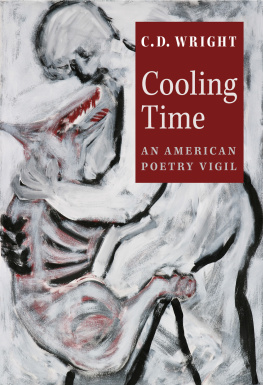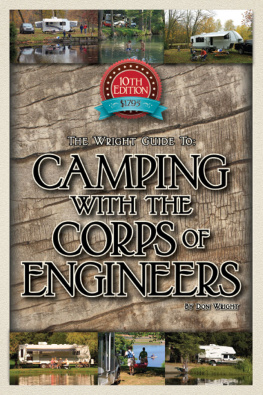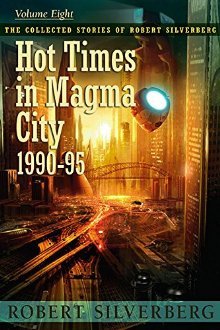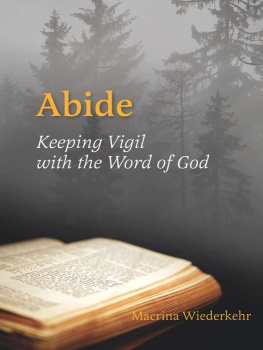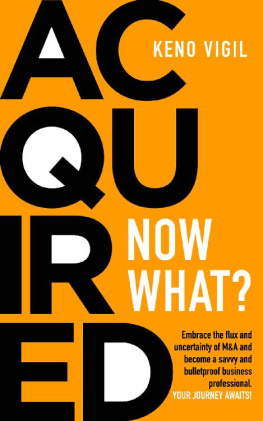Wright - Cooling time : an American poetry vigil
Here you can read online Wright - Cooling time : an American poetry vigil full text of the book (entire story) in english for free. Download pdf and epub, get meaning, cover and reviews about this ebook. City: Port Townsend, Wash, year: 2005, publisher: Copper Canyon Press, genre: Non-fiction. Description of the work, (preface) as well as reviews are available. Best literature library LitArk.com created for fans of good reading and offers a wide selection of genres:
Romance novel
Science fiction
Adventure
Detective
Science
History
Home and family
Prose
Art
Politics
Computer
Non-fiction
Religion
Business
Children
Humor
Choose a favorite category and find really read worthwhile books. Enjoy immersion in the world of imagination, feel the emotions of the characters or learn something new for yourself, make an fascinating discovery.
- Book:Cooling time : an American poetry vigil
- Author:
- Publisher:Copper Canyon Press
- Genre:
- Year:2005
- City:Port Townsend, Wash
- Rating:4 / 5
- Favourites:Add to favourites
- Your mark:
- 80
- 1
- 2
- 3
- 4
- 5
Cooling time : an American poetry vigil: summary, description and annotation
We offer to read an annotation, description, summary or preface (depends on what the author of the book "Cooling time : an American poetry vigil" wrote himself). If you haven't found the necessary information about the book — write in the comments, we will try to find it.
Abstract: Two decades of articles and interviews compressed into an unruly vigil that seeks leverage in the wreckage.
Cooling time : an American poetry vigil — read online for free the complete book (whole text) full work
Below is the text of the book, divided by pages. System saving the place of the last page read, allows you to conveniently read the book "Cooling time : an American poetry vigil" online for free, without having to search again every time where you left off. Put a bookmark, and you can go to the page where you finished reading at any time.
Font size:
Interval:
Bookmark:


Note to the Reader
Copper Canyon Press encourages you to calibrate your settings by using the line of characters below, which optimizes the line length and character size:
Lorem ipsum dolor sit amet, consectetur adipiscing elit. Pellentesque
Please take the time to adjust the size of the text on your viewer so that the line of characters above appears on one line, if possible.
When this text appears on one line on your device, the resulting settings will most accurately reproduce the layout of the text on the page and the line length intended by the author. Viewing the title at a higher than optimal text size or on a device too small to accommodate the lines in the text will cause the reading experience to be altered considerably; single lines of some poems will be displayed as multiple lines of text. If this occurs, the turn of the line will be marked with a shallow indent.
Thank you. We hope you enjoy these poems.
This e-book edition was created through a special grant provided by the Paul G. Allen Family Foundation. Copper Canyon Press would like to thank Constellation Digital Services for their partnership in making this e-book possible.
for Forrest and for Brecht
who live with this contrarian
Cooling Time: a line of legal defense, peculiar to Texas courts, in which it is held that if a man kills before he has had time to cool after receiving an injury or an insult he is not guilty of murder. (Footnoted in William Humphreys 1965 novel, The Ordways.)
No one expects ballplayers to comprehend the implications of their work.
Ron Silliman
The time has come to loot to hew and Eden.
Marjorie Milligan
I believe in a hardheaded art, an unremitting, unrepentant practice of ones own faith in the word in ones own obstinate terms. I believe the word was made good from the start; it remains so to this second. I believe words are golden as goodness is golden. Even the humble word brush gives off a scratch of light. There is not much poetry from which I feel barred, whether it is arcane or open in the extreme. I attempt to run the gamut because I am pulled by the extremes. I believe the word used wrongly distorts the world. I hold to hard distinctions of right and wrong. Also I think that antithetical poetries can and should coexist without crippling one another. They not only serve to define their other to a much more exacting degree than would be possible in the absence of the one or the other; they insure the persistence of heterogeneous (albeit discouragingly small) constituencies. While I am not always equal to it, I appreciate the fray. I am neither too old for it nor too finished off. I am not sure of where it is I am going. Important, I believe, to resist finality in ones own work while assiduously working toward its completeness. Detrimental, I think, the dread of being passed on the left, as is the deluded and furthermore trivializing notion of ones own work being an advance over any thing or any one. Truthfulness is crucial. A continuous self-criticism is demanded of the effort without which only non-art gets made, that is, manufactured. A poet would show little thought to say poetry is opposed to since it is added to like science, insisted Zukofsky. So do I, insist. Consequently I would contest those writers whose end is (reviling-all-the-way) to prevail.
Provisionally yours,
Every year the poem I most want to write, the poem that would in effect allow me to stop writing, changes shapes, changes directions. It refuses to come forward, to stand still while I move to meet it, embrace and coax it to sit on the porch with me and watch the lightning bugs steal behind the fogs heavy veil, listen for the drag of johnboats through the orchestra of locusts and frogs. An old handplow supports the mailbox, a split-rail fence borders the front lot. Hollyhocks and sunflowers loom there. At the end of the lot the road forks off to the left toward the river, to the right toward the old chicken slaughterhouse. The poem hangs back, wraithlike, yet impenetrable as briar. The porch is more impressive than the rest of the house. A moth as big as a girls hand spreads itself out on the screendoor. The house smells like beets. For in this poem it is always Arkansas, summer, evening. But in truth, the poem never sleeps unless I do, for if I were to come upon it sleeping, I would net it. And that would be that, my splendid catch.
In my book poetry is a necessity of life, what they used to call nontaxable matter. I cannot objectively trace how I reached this exaggerated conclusion, but perhaps I can summon the origins for my brand of tectonics in what would seem to many to be an age antithetical to the effort. Ultimately I dont believe any age is antithetical to the effort. I do believe years of reaction promote a thwarted artistic front. Art is like ham, Diego Rivera said. I have often been reassured by this inexplicable claim. Sometimes art (poetry) is like a beautiful sick dog that shits all over the house, Frank Stanford scribbled in a notebook. Not without a twinge of sadness, I agree with this claim too.
Many writers maintain a guarded border between language thick with hair and twigs and the reified, rarified stuff. No matter which side of the border poets live on, they tend to act as if they were being overrun. All I want is a day pass. I like to sleep in my own bed.
My purpose is neither to hack away at the canon nor to contrive a trend.
I am interested in fertile poetic constructions. I am aiming for the ode as a recourse, however short-term, from the same-old same-old careerist poem of no note, no risk, and no satisfaction, and from the equally piggish obsession with newness. The search for models in my terms becomes a search for alternatives.
My whole life I thought I was meant to do something usefulnot for everyone, nothing on the scale of inventing Kleenex and making a pile for doing it, but something in which I felt the usefulness of it, the goodness of it in a non-Byzantineto choose being a poet meant I would be speaking what David Antin refers to as a sacred language... the object of a specialized cult. Or if I did have such an inkling when I first undertook to write poetry, I didnt think anything was wrong with that at the time. Now I am sure poetrys lot is as he defined it and I oppose this exclusive and near meaningless status, yet I persist. Therefore, some quasi-futile, sometimes productive, psychic suffering.
Never put yourself in the position of having to defend the work before it is done.
Poetry is like food, remarked one of my first teachers, freeing me to dislike Rocky Mountain oysters and Robert Lowell. The menu is vast, the list of things I dont want in my mouth relatively short.
I am looking for a way to vocalize, perform, act out, address the commonly felt crises of my time. These are spiritual exercises.
Verbal energy on my part is expended on packing words down. I am concerned with density, setting up a chain reaction using the least amount of verbal material.
Much has been declared about the musicality of poetry. Not so much about the physicality. The adamantine practice of poetry as it pertains to touchan impression of which can be lifted off the ends of the fingers. These are some of the things I have touched in my life that are forbidden: paintings behind velvet ropes, electric fencing, a vault in an office, gun in a drawer, my brothers folding money, the poets anus, the black holes in his heartwhere his life went out of him.
Font size:
Interval:
Bookmark:
Similar books «Cooling time : an American poetry vigil»
Look at similar books to Cooling time : an American poetry vigil. We have selected literature similar in name and meaning in the hope of providing readers with more options to find new, interesting, not yet read works.
Discussion, reviews of the book Cooling time : an American poetry vigil and just readers' own opinions. Leave your comments, write what you think about the work, its meaning or the main characters. Specify what exactly you liked and what you didn't like, and why you think so.

